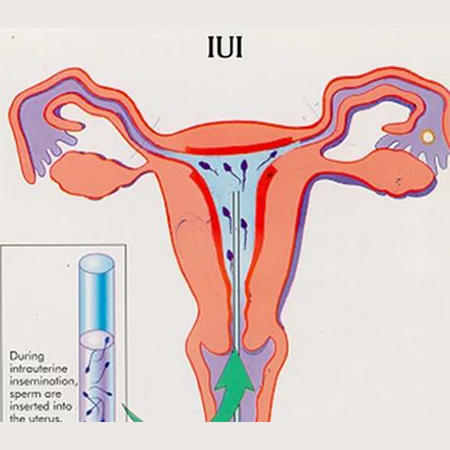
Intrauterine insemination (IUI) is the insertion of the washed sperms inside a woman's uterus to facilitate fertilization. It is usually combined with ovulation induction to increase the number of eggs ovulating and hence the chances of becoming pregnant.
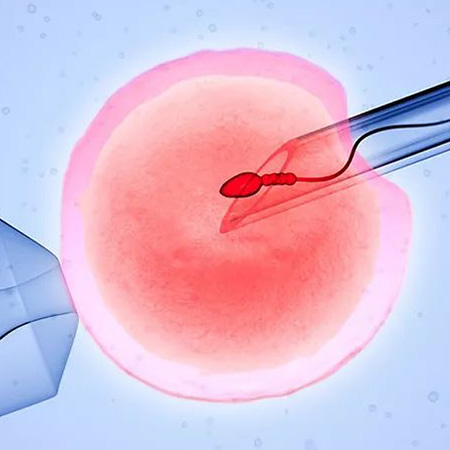
IVF (In vitro fertilization) is a procedure in which eggs and the sperms are fertilized outside the body and then transferred back to the womb after 3-5 Days. The ovaries are stimulated with daily injections for about 10 days and then the eggs are retrieved transvaginally under ultrasound
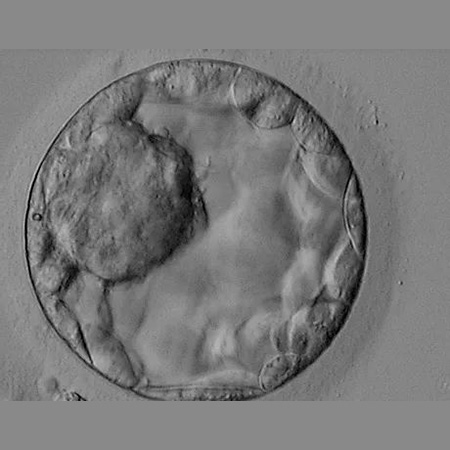
Blastocyt is a day 5 embryo. About 40-50% of the fertilized eggs reach the blastocyst stage. Blastocyst culture helps in the selection of the best embryo and thereby enhancing the pregnancy rates.
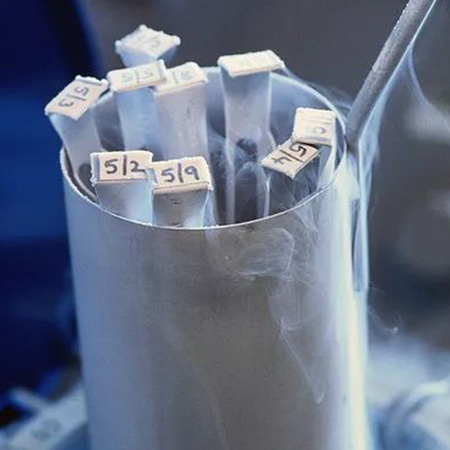
Embryos can be frozen in liquid nitrogen for upto 5 years. Before replacement the lining of the uterus is prepared with estrogen preparation for about 10 days and the embryos
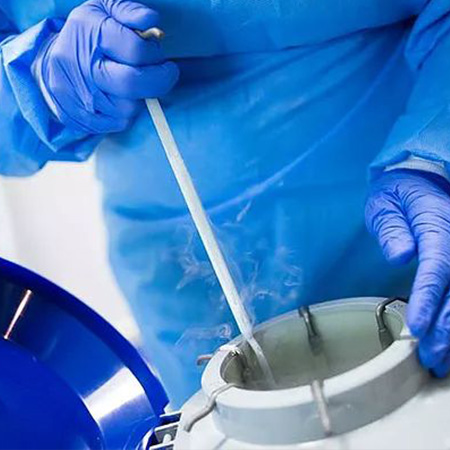
You can freeze your eggs when you are young if you want to postpone your family for some reason. Also patients with cancer can do this before going for chemotherapy or radiotherapy and later use it when they are cured.
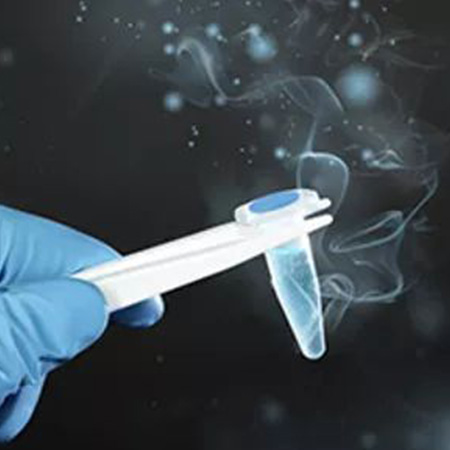
Sperm can be frozen for future use either in artificial insemination or other fertility treatments, or be donated. Donated sperm has to be stored for six months before it can be used in treatment, in order to screen the donor for infection